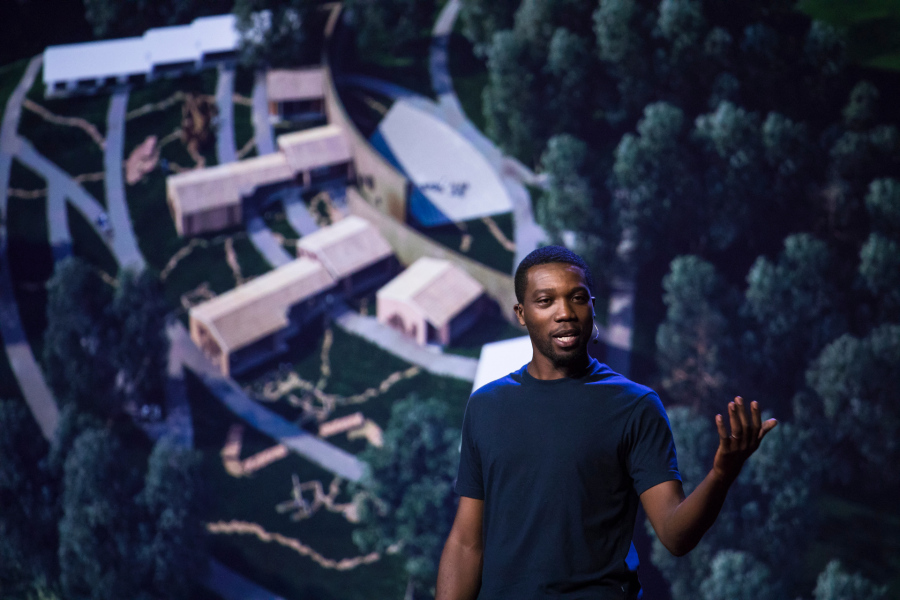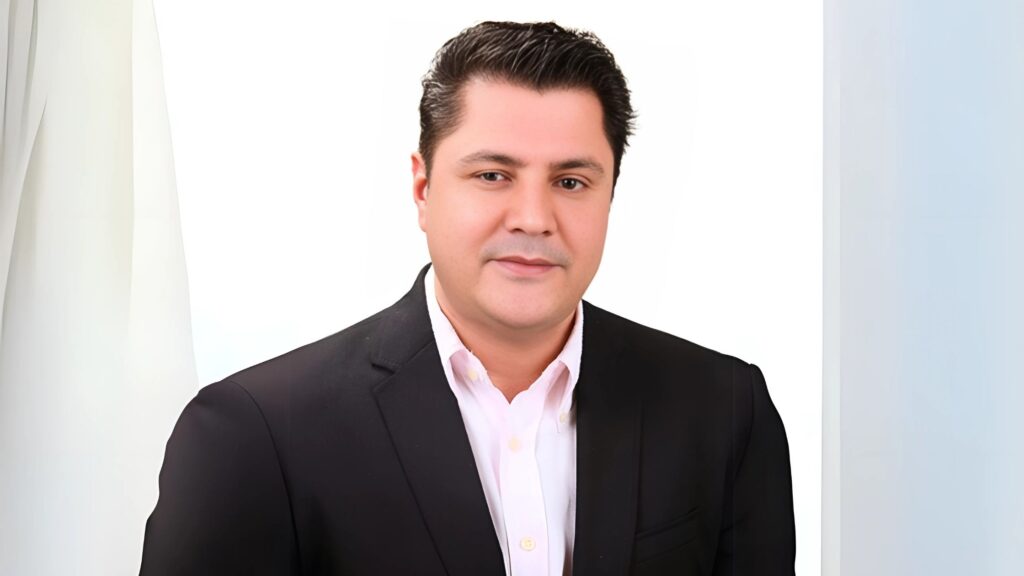TEDGlobal 2017 Tanzania Session 6 – Urban 3.0

TEDGlobal 2017 Session 6 is about urban development. Cities are a constellation of dreams — dreams that are constantly dying and being born.
TEDGlobal 2017 Session 6 Speakers
Christian Benimana
Had to go far away from home. There were no schools of architecture in Rwanda, so he traveled to Shanghai, where he observed that, though impressive, China’s urban city and housing infrastructure was built at a great human and environmental cost. Rwanda now is witnessing a great building boom of its own, and Benimana has made it his mission to advocate for a model of architecture that is uniquely African, sustainable, and equitable. Benimana wants us to imagine future African cities not as vast slums but as the most resilient, the most socially inclusive places on earth. “This is achievable,” he says. “We have the talent to make it a reality.”
ALSO READ: Tanzanian Miner Makes A Windfall On Gemstones. Here Is What He Plans To Do With The Money
DK Osseo-Asare
Together with his co-founder at Low Design Office wondered what would happen if they brought together technical graduates with little real-world experience because there are no jobs and scrap dealers who often teach themselves the workings of electronics by taking them apart and putting them together again. The result: a growing maker community where makers engage in peer-to-peer and practical, hands-on education, motivated by what they want to make.
 Designer DK Osseo-Asare wondered: What would happen if we linked a community of trained engineers in Accra with the self-taught techies who work in local scrapyards? Predictably, amazements. Photo: Ryan Lash / TED
Designer DK Osseo-Asare wondered: What would happen if we linked a community of trained engineers in Accra with the self-taught techies who work in local scrapyards? Predictably, amazements. Photo: Ryan Lash / TED
Robert Neuwirth
Studies the way sharing economies work right now in Africa. In Nigeria, Igbo traders take on apprentices who work for them for a number of years. When the apprenticeship ends, the trader sets up the apprentice with working capital to start their own business. Neuwirth also describes a money merry-go-round that people join, in which everyone puts money in a pot, and once a week or month, one person gets the money to do as they please — it sounds a lot like the Njangi system. Neuwirth argues that many African business communities and markets already operate on mutual sharing principles, which if studied, propagated, and scaled could lead to immense returns.
ALSO READ: Chem Chem Association Makes A Heartwarming Donation To Datooga People Of Tanzania
 Robert Neuwirth studies informal economies — and makes the case that, as modern and high tech as the “sharing economy” may sound, it’s been happening within African economies all along. Photo: Bret Hartman / TED
Robert Neuwirth studies informal economies — and makes the case that, as modern and high tech as the “sharing economy” may sound, it’s been happening within African economies all along. Photo: Bret Hartman / TED
Vivek Maru
Getting people to look at and engage the law in a different way than they are used to. “If we are going to make access to justice a reality, we need to transform the relationship between people and law,” Maru says. “We need to turn law from an abstraction or a threat into something that every single person can understand, use, and shape.” Maru started a global network of paralegals who break the law down into simple terms to help find solutions to the problems at hand. This apparently unconventional approach has helped force corporations who are running roughshod over the rights of the people in surrounding communities to do the right thing.
 Vivek Maru is training locals to act as legal advocates in their own communities. Thus giving many more people access to the protections of the law. Photo: Bret Hartman / TED
Vivek Maru is training locals to act as legal advocates in their own communities. Thus giving many more people access to the protections of the law. Photo: Bret Hartman / TED
OluTimehin Adegbeye
Delivers a moving talk about how unconstitutional government-instigated land grabs are destroying the lives of thousands who live in scores of coastal communities on the coast of Lagos to make way for a “new Dubai.” These people, she explains, who settled in Lagos more than a hundred years ago would never have dreamed that the city that would grow around them would turn around one day to say that they didn’t belong there.
ALSO READ: Tanzania Step Up Airspace Security With New Radars
 OluTimehin Adegbeye makes a stirring and powerful case for protecting city residents, no matter their economic level. Because, as she says, “the only cities worth building, indeed the only futures worth dreaming of, are those that include all of us.” Photo: Ryan Lash / TED
OluTimehin Adegbeye makes a stirring and powerful case for protecting city residents, no matter their economic level. Because, as she says, “the only cities worth building, indeed the only futures worth dreaming of, are those that include all of us.” Photo: Ryan Lash / TED
All Sessions
1. Session 1 – A New Map
2. Session 2 – A Path Forward
3. Session 3 – One Jump Forward
4. Session 4 – Exploring hard truths
5. Session 5 – Visual Thinking
6. Session 6 – Urban 3.0
7. Session 7 – Power Up
8. Session 8 – Manifestos







Responses